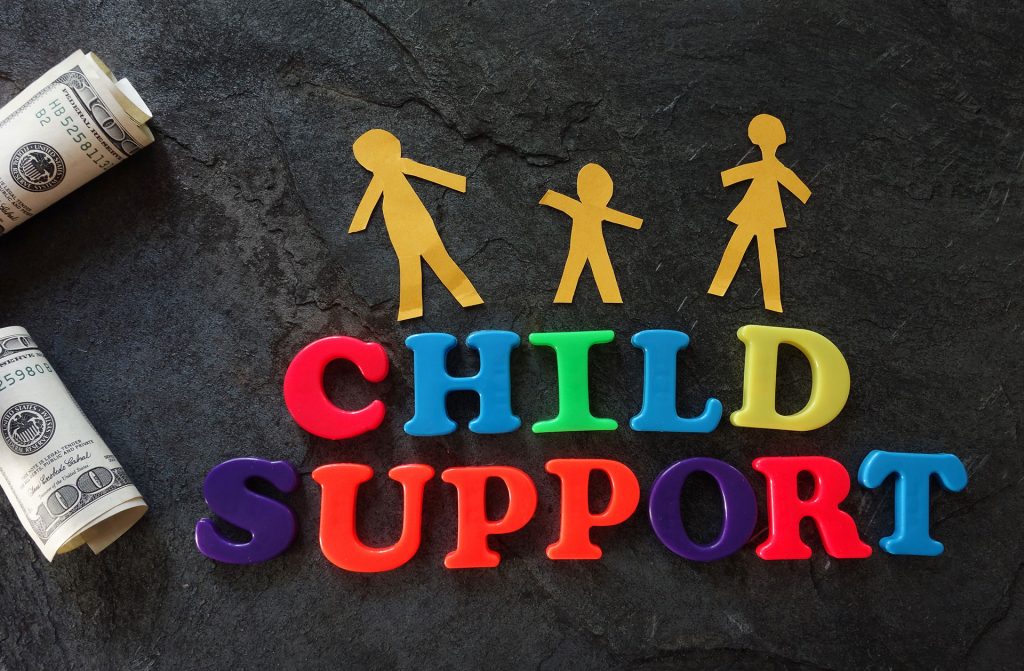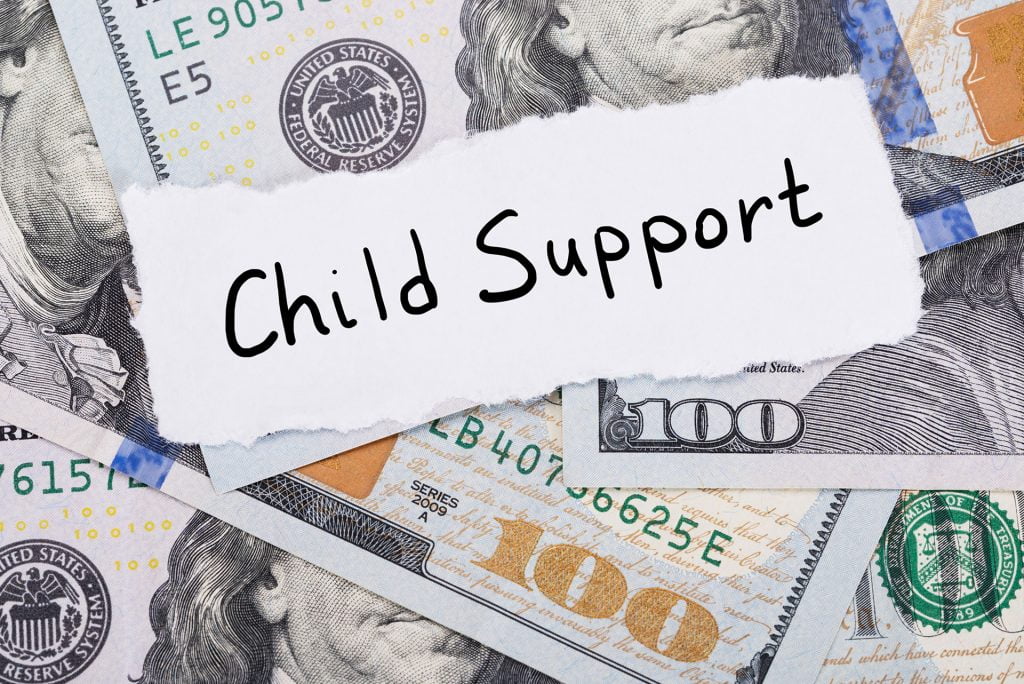 An important question that is asked of every family law attorney is who pays the child support during divorce? Spouses who win permanent or temporary child custody during divorce may be both excited and scared. Fear comes to the forefront when considering how they can afford raising children on a single income. Fortunately, the legislatures in all 50-sates have established child support, which provides financial assistance to parents who win custody in divorce. Child support during divorce may be agreed upon by the parents, determined with help from a mediator or attorney, or decided by a family court. In many instances, a family law attorney can give you a good idea how much child support needs to be paid during and after the divorce process with a free consultation!
An important question that is asked of every family law attorney is who pays the child support during divorce? Spouses who win permanent or temporary child custody during divorce may be both excited and scared. Fear comes to the forefront when considering how they can afford raising children on a single income. Fortunately, the legislatures in all 50-sates have established child support, which provides financial assistance to parents who win custody in divorce. Child support during divorce may be agreed upon by the parents, determined with help from a mediator or attorney, or decided by a family court. In many instances, a family law attorney can give you a good idea how much child support needs to be paid during and after the divorce process with a free consultation!
What Determines Child Support During Divorce?
Many parents wonder whether they are entitled to receive child support payments from the other parent of their children. In most cases, a parent must have primary physical custody of one or more children to be eligible to receive child support during divorce. When parents are forced to engage in a custody battle in divorce, the custodial parent may need to be determined by a family court judge after a lengthy process involving mediators and possible attorneys specially appointed to represent the child’s best interests. If parents receive joint custody in divorce, both are considered custodial parents. However, one parent may need to pay the other child support during divorce.
In joint custody cases, a large difference in the incomes of the parents can trigger child support. For example, if the father earned a six-figure income and the mother stayed at home to raise the children during the marriage, the father will most likely be required to pay child support. Otherwise, the mother would probably be unable to pay the daily expenses required for proper childcare. Even in instances where both parents share physical custody on a 50/50 basis, one parent, if in a substantially better financial position than the other, may still need to pay some child support for this reason.
Do Custody and Child Support Always Go Hand-in-Hand?
No, child custody and child support are actually separate issues, however, a determination of custody should be established prior to a child support determination. It is important to note that receiving child custody during divorce does not guarantee that a parent will receive child support. Courts consider other factors including paternity and the location of the other parent, and if the support decision was not made at the time of the divorce. Getting a child supportorder entered in court is recommended because it entitles the custodial parent to utilize the services of the state child support enforcement agency if a private attorney is cost prohibitive.
What Is Child Support During Divorce Supposed to be Used For?
Child support covers food, clothing, education, healthcare, entertainment, and other childrearing expenses. Every state has child support guidelines that consider multiple factors including the income of each parent, his or her ability to pay child support, and the amount of support needed to maintain the standard of living for the child. If the needs of the child change, a custodial parent may file for a modification of existing child support. Now, just because child support is supposed to be used for things like food, clothing, and extra rent for a bigger home for the children, does not mean that the parent paying support is entitled to an accounting detailing how the money is spent. This makes many noncustodial parents angry as they perceive the custodial parent as taking advantage of receiving money and spending it on themselves rather than the children. Unfortunately for obligors (parents required to pay child support), most courts will not ask for a strict month by month accounting except in extremely rare circumstances. This is one of the reasons why having to pay child support during divorce can be a frustrating and difficult experience for many parents.
When divorcing, both parents should consult an attorney to get professional family law help and advice to determine potential child support payments that may be required to be made. The family law attorney will compare factors, including the income levels of the parents, before making a recommendation. A parent who enters the child support conversation with comprehensive knowledge is less likely to be taken advantage of financially. Getting assistance from a divorce attorney is essential to understanding and fighting for your rights when it comes to paying child support during divorce.


